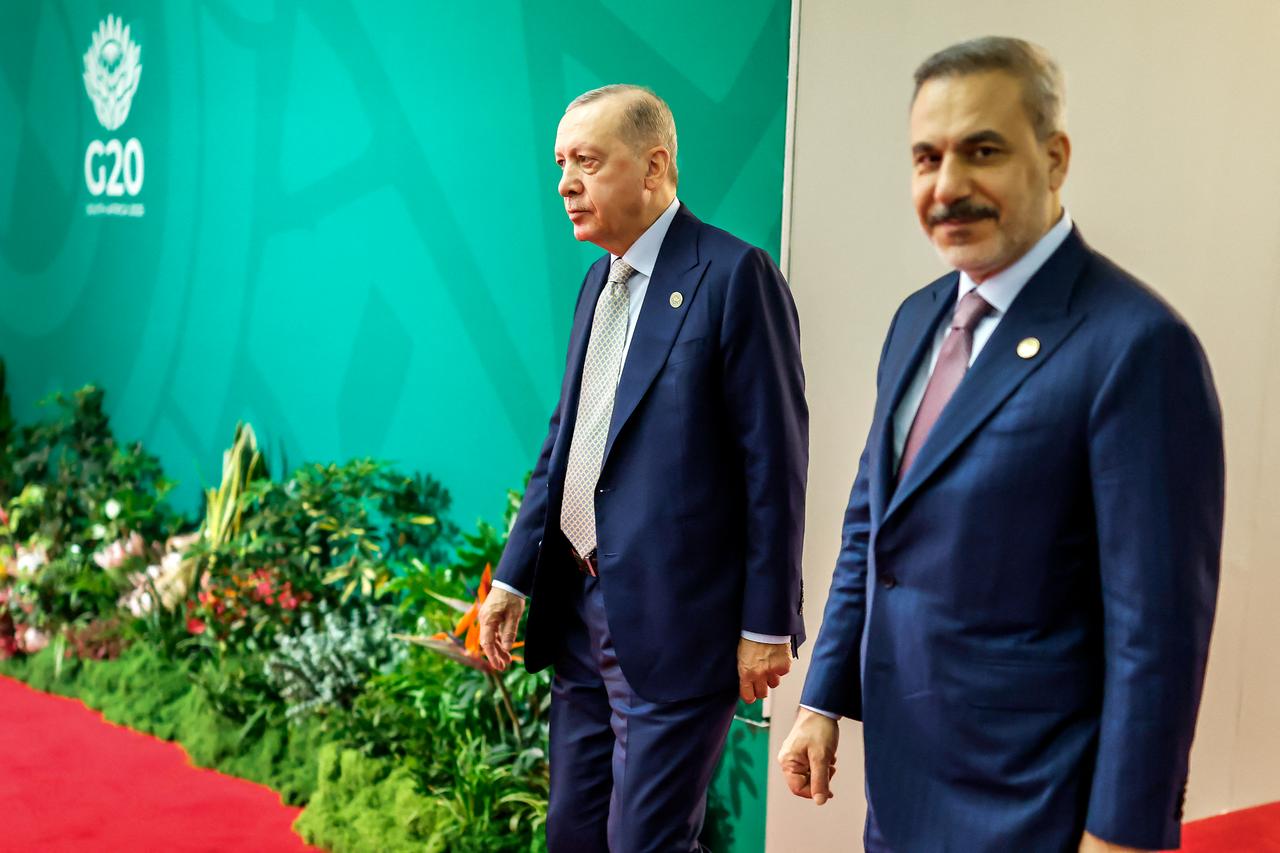
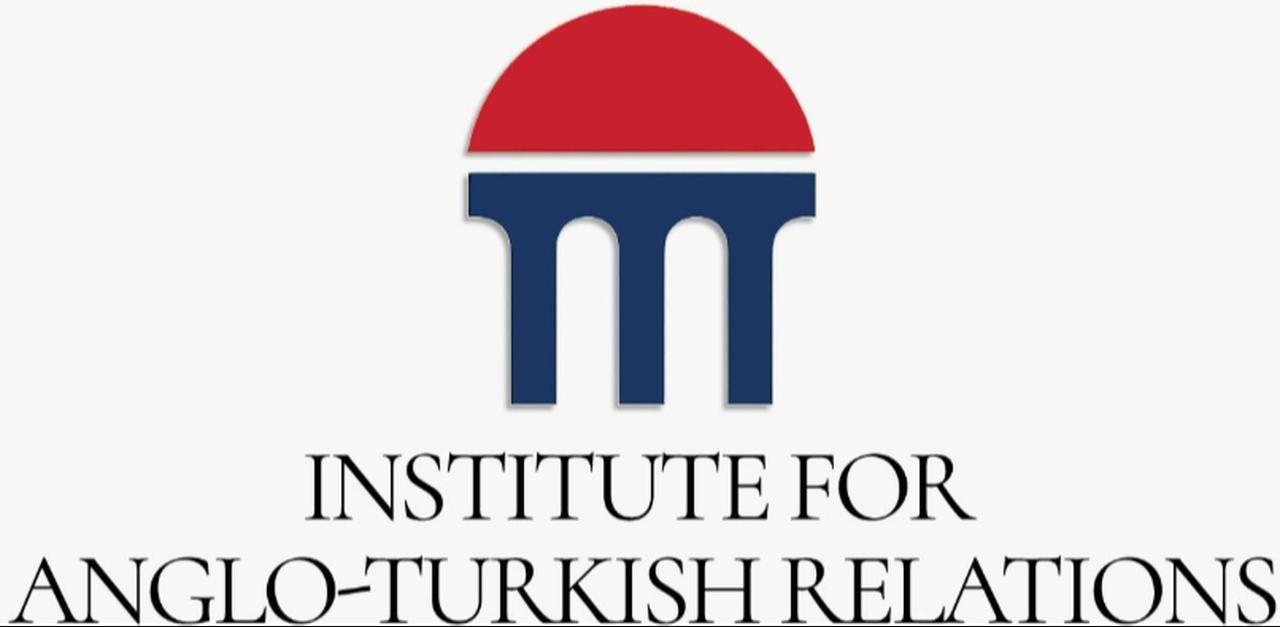
In September, U.S. President Donald Trump hosted President Recep Erdogan at the White House. President Trump urged his counterpart to cease purchases of Russian oil. This follows a long chorus of European leaders making similar appeals.
Türkiye imports a significant amount of Russian oil, with demand increasing after the invasion of Ukraine. From October to January of 2025, Turkish imports reached 317,000 barrels per day. However, demand is tapering with Ankara heeding the recent tranche of US and EU sanctions.
This will be a dear sacrifice for the embattled Turkish economy, which has suffered from persistent inflation, reaching 32.87% in October 2025 and with 2022 highs of 85.52%. Türkiye imports over 90% of its energy needs, and the relative cheapness of Russian oil serves as an essential coolant to energy prices.
There are also Russian tourists, who have flocked to Türkiye in recent years, reaching nearly a million in 2025 alone. This helped reverse the decline of the Turkish tourism sector, which has struggled since the pandemic. Moreover, Russian tourists bring foreign currency, vital for the health of the ailing Turkish lira, which has seen its value tumble against major currencies.
Nonetheless, I do not believe that the presence of pain is a sufficient reason to avoid action. Russia is an aggressor whose actions must invite consequences.
As a Brit, I recognize the economic loss my country has experienced by abstaining from Russian energy and cleaning the illicit money hub that was Londongrad. Britain now faces ballooning energy prices and an increasingly stagnant London property market, but these are costs that must be paid.
However, Britain and others, such as the U.S. or Germany, are firmly within the Western club. Their membership comes with costs and sacrifices, but also benefits and boons. Many in Türkiye feel they are placed on the edge of this club, asked to pay its costs but without its benefits.
This form of transactionalism, with the West asking Türkiye to be a Western power only when convenient, alienates Turkish policymakers and the public.
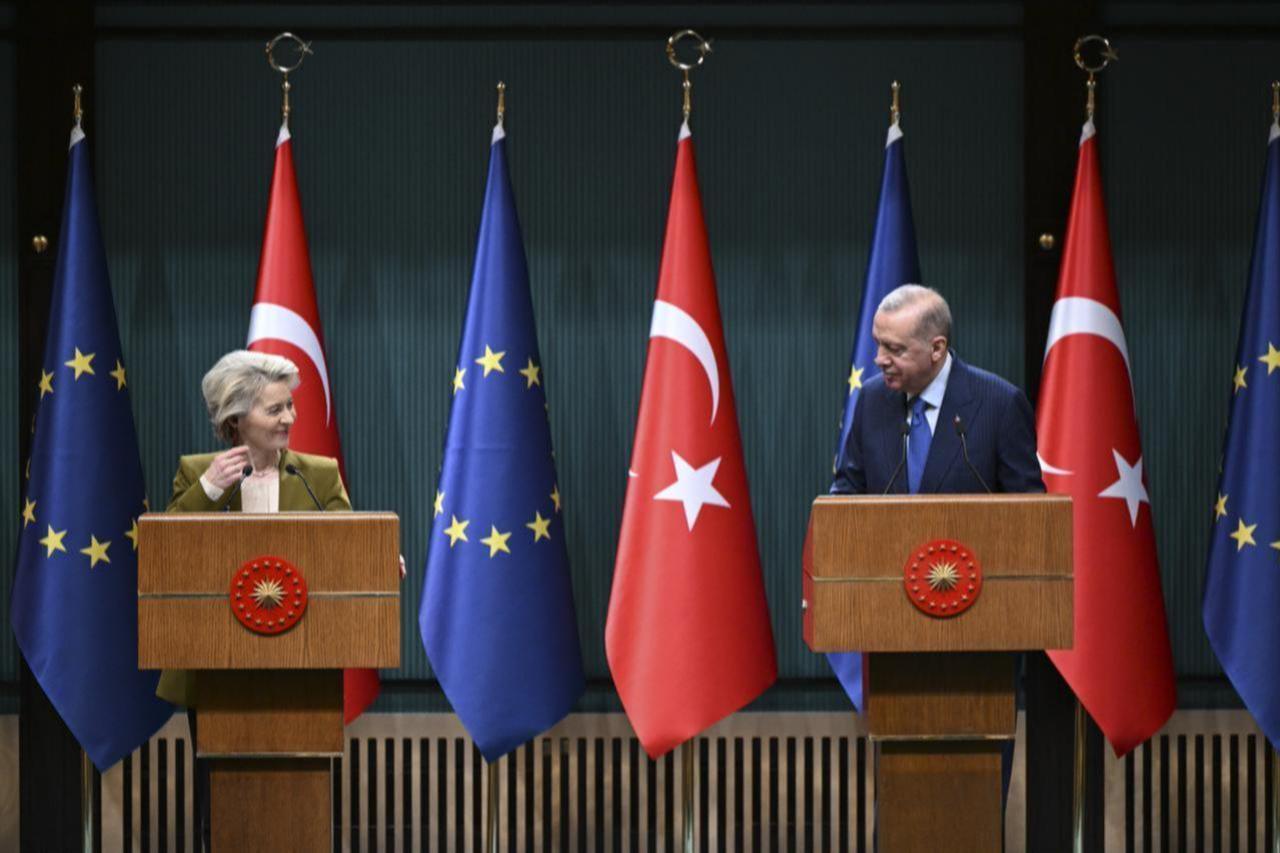
The EU relies on Türkiye in two crucial spheres. Firstly, Türkiye serves as the frontline in the migrant crisis, implementing EU directives and hosting approximately three million Syrian refugees. Secondly, Türkiye has stepped up in defense matters, deterring Russia in its southern flank and by offering security guarantees for Ukraine.
Despite this, many in Türkiye feel the EU remains apathetic to Turkish needs. The memory of the EU’s condemnation of the 1974 Turkish intervention in Cyprus, alongside silence on the faults of the Greek junta, looms large.
More broadly, Türkiye’s quixotic EU accession process has left many Turks with a sense of bitterness. In the early 2000s, the AKP government took great political risks to push for reforms and meet the Copenhagen Criteria. When talks stalled, regardless, many Turks were convinced they would never be valued members of the European club.
Even in defense matters, where Ankara’s help is rarely refused, the EU welcomes Turkish support without corresponding obligations. Türkiye is likely to be excluded from the EU’s SAFE (Security Action for Europe) defense fund, which will provide up to €150 billion in loans.
This influx of capital would bolster Türkiye’s growing domestic defense industry, which has produced key weapon systems such as the Bayraktar TB2 UAV, crucial in equipping the Ukrainian resistance.
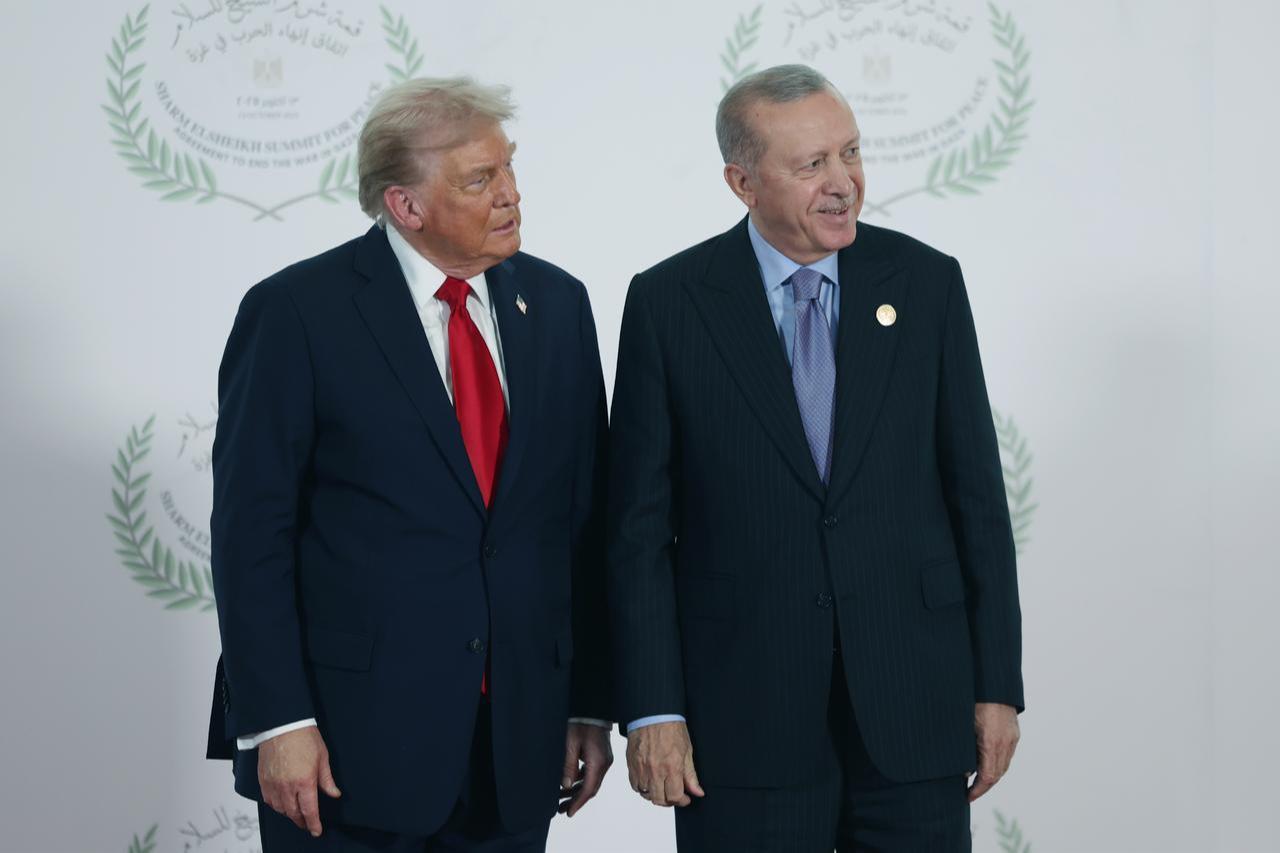
For the comparatively distant US, relations with Türkiye are less immediate but can still follow an ambivalent dynamic. As a NATO member, Türkiye responded robustly to the US’s invocation of Article 5, providing outsized political and military support in Afghanistan.
Ankara serves as a lynchpin in the U.S.’s defense architecture in the Middle East, ranging from countering Iranian hegemony to helping facilitate the recent deal in Gaza. This is a role only set to grow with the rise of pro-Turkish Syrian President Ahmed al-Sharaa.
Similar to the EU, the U.S. can undermine Turkish concerns. A recently resolved thorn in U.S.-Turkish relations was the former’s continued support for the SDF. Ankara has fervently opposed the SDF due to its dominance by the YPG.
The YPG is closely associated with the PKK, a terrorist organization designated as such by the U.S., the EU, and others. Washington regularly ignored Turkish objections, insisting that supporting the SDF was required to counter Daesh.
With the fall of Syrian President Bashar al-Assad and the recent ceasefire between Türkiye and the PKK, this issue has largely subsided, but this saga has not been easily forgotten by Turkish policymakers.
A persistent issue is Türkiye’s exclusion from the F-35 program, largely due to Turkish purchases of the Russian S-400 air defense system. Over time, Turkish policymakers have quietly reversed their decision, not including the S-400s in their new comprehensive missile defense system, the ‘Steel Dome.’
Yet, Türkiye’s exclusion remains. This, alongside the recent sale of F-35s to Saudi Arabia, a non-NATO ally with its own overtures to Western rivals such as Russia and China, has left many Turkish policymakers deeply frustrated.
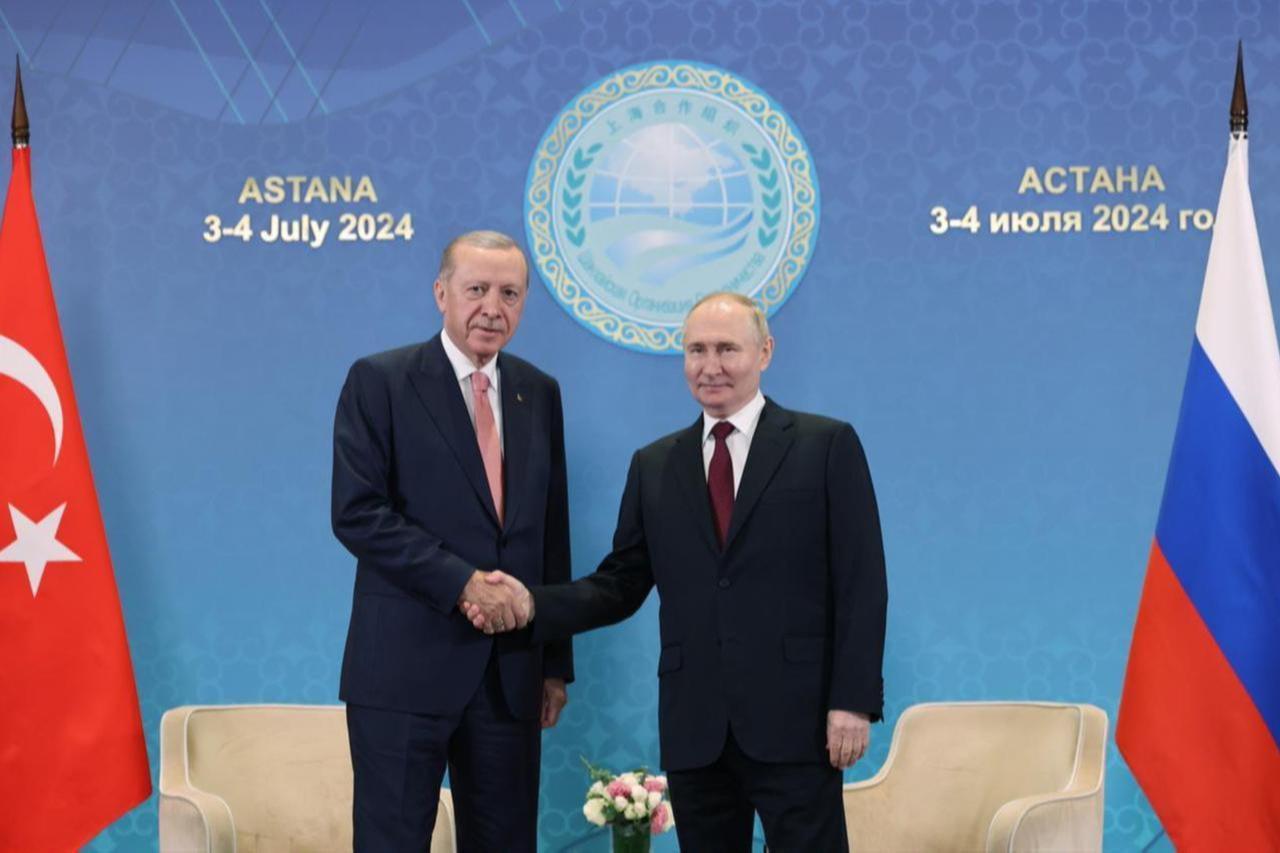
Be that as it may, Turkish sentiment towards the West remains largely positive. The Pew Research Center found Turks have been increasingly favorably inclined towards the EU and NATO, with positive views of the EU rising twelve percentage points since 2019. Today, a majority of Turks, at 56%, support becoming a member of the EU, up from 2017 lows of 40%.
While EU accession remains an unlikely prospect, these figures show the enduring pro-Western sentiment in Türkiye. The West should capitalize on this, engaging with Türkiye more creatively and ambitiously, not only asking Türkiye to be a team player when congruent with its interests.
I am not oblivious to Türkiye’s capacity to act as a third power, whether it’s tensions in the Aegean or continued Russian oil purchases. Türkiye can and occasionally does act in a manner disharmonious with Western interests.
However, the West should examine its own behavior before levying criticism. They must recognize that by pushing Türkiye to the periphery, Turkish policymakers are only acting in self-interest by pursuing a balanced policy vis-à-vis the West.
If the West wants Türkiye in the club, they must treat it as such. If the West chooses to keep Türkiye at arm’s length, that is its prerogative. But it should not be surprising when Türkiye responds accordingly.
No bloc, however powerful, can expect to keep a country on the periphery while demanding full loyalty. In international politics, as in life, nobody, not even the mighty Western alliance, can have its cake and eat it too.